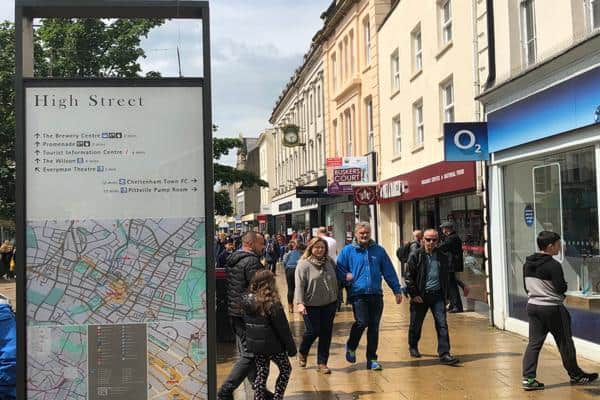More than half (53%) of UK shoppers believe stores will become less important as online shopping takes over – and its all Amazon’s fault.
Research by WPP media agency Mindshare UK as part of its Reality Check 2022 Report exploring cultural trends and consumer behaviour in the wake of Covid-19 found that online shopping via Amazon has become embedded in the lives of a significant and almost certainly growing proportion of the population.
One in three (34%) purchases are now being made online, compared to one in four (24%) in 2019 and Amazon is increasingly setting the expectations for what we as consumers look for from other retailers. In particular, more than half of 16 – 34s (51%) and parents (57%) in the study agreed this was the case.
Low prices and speed of delivery are having a profound impact on many people’s expectations of shopping – 45% find it hard to resist the low prices offered by some fast turnaround retailers (52% in the 16-34 age bracket).
The research also points to a significant gap between younger consumers experience of shopping and the attitudes of those aged 55 plus. Almost half (48%) of people aged 16-34 said that “shopping on Amazon is so easy I sometimes don’t realise how much I am spending, or how often I am using it” – in sharp contrast to the just 18% of over 55s.
While 56% of 16-34s said they enjoy visiting a store even though they have no intention of buying anything (43% across all age groups) just 29% of over 55s agreed.
Functional retail verses experience
Mindshare UK’s research suggests an experiential divide is opening up between fast and functional shopping and occasions where consumers want a high-quality experience in a physical store and this will be dictated by consumers’ individual values and perceptions of what a retail brand can offer.
The study found that 45% of 16-34s agreed “after getting used to online shopping, I find the high street quite stressful” compared to 37% of all age groups and 26% of over 55s.
Meanwhile 44% overall agreed ‘shopping in-store just seems a lot more effort than shopping online now’ rising to 49% of 16-34s but falling to 38% of those aged 55 plus.
The shopping experience has seemingly been dampened by the pandemic, with the idea of a unique offline vs online proposition feeling much less relevant these days. While in 2019 three quarters (72%) of shoppers expected stores to provide something different from what they could get online, in 2021 this is true of only half (55%).
The future is frugal
For many, the events of the pandemic meant a reassessment in our spending habits both online and offline. Mindshare UK’s study found that three out of five people now would choose quality over quantity, with 53% coming to the realisation that they no longer need to buy so much stuff due to life being different now.
With 27% of people stating that they’re consciously trying to spend less and almost a quarter (24%) only buying items when they wear out / need replacing, consumers are seemingly reducing the amount they are purchasing, a trend that is likely set to continue as environmental, wastage and monetary concerns grow in an increasingly uncertain world.
Julia Ayling, Head of Research & Insights Mindshare UK explains: “Since the start of the pandemic, online shopping audiences have broadened considerably, as has the portfolio of sectors that people are now prepared to buy online. Despite this, it seems that our high street stores still have an important role to play, with many still enjoying the in-store shopping experience that online retailers simply cannot offer.”
She adds: “As relationships between brands and consumers continue to change, retailers need to cater for audiences that are wanting to buy less and in more sustainable ways. As the pandemic subsides and the economy restarts, sustainability could be the ace up a retailer’s sleeve that accelerates business growth.”









